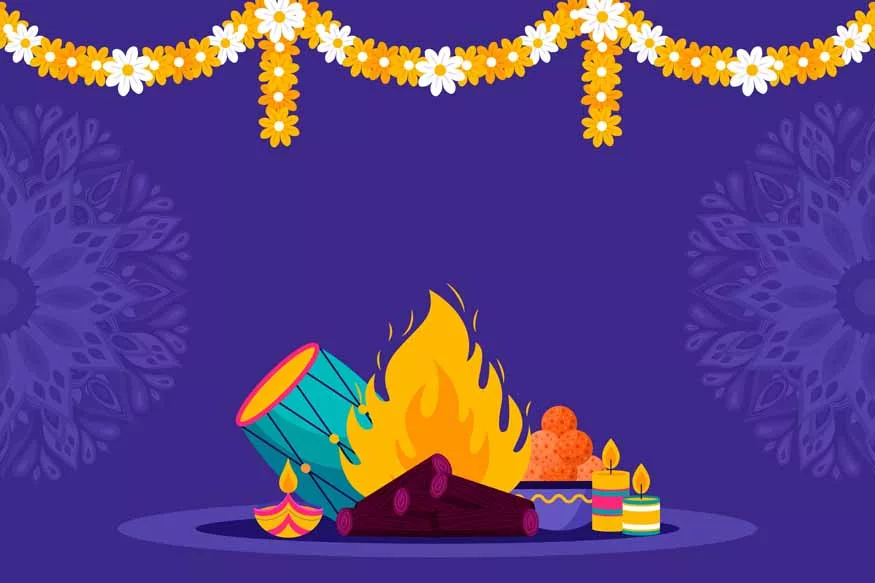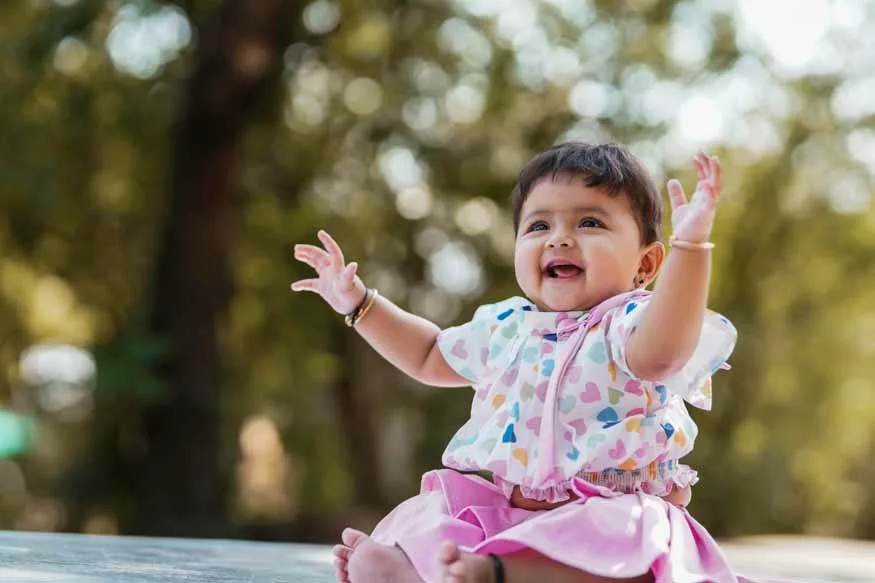India is a country with a rich cultural heritage and diversity. This diversity is reflected in its different festivals celebrated across the nation. These festivals are not just a time for celebration but also play a significant role in the holistic development of an individual, especially children.
The vibrant colours, rituals, social gatherings, stories, and values associated with these festivities contribute to moulding a child’s personality in various ways.
Also Read: 7 Festivals in India for Children To Learn
Understanding Personality Development
A person’s uniqueness stems from their personality. Developing it involves nurturing intellectual, emotional, social, and moral aspects. For children, this development is crucial as it forms the groundwork for their future behaviour as adults.
Also Read: Preparing Your Child To Go Back To School After Festivals
Impact of Indian Festivals on Children’s Personality
- Cognitive Development
- The storytelling associated with each festival not only enhances their memory by remembering intricate narratives but also a moral framework.
- The social interactions that occur during these gatherings help in developing language skills. Children negotiate, communicate, and express themselves in the presence of a diverse group of people, enhancing their language abilities and empathetic understanding.
- As children engage in organized events and competitions, such as debates or cultural performances, it stimulates their critical thinking and creativity. They learn to think on their feet and sharpen their reasoning skills.
- Involving children in organizing the logistics of a celebration or participating in the creation of festive art, like Rangoli, requires planning, forethought, and spatial awareness, greatly contributing to cognitive development.
- Cultural Identity and Pride
- Moral Development
- Diwali, the festival of lights, teaches children the value of good over evil, and light over darkness. The narratives around Diwali allow parents and educators to discuss the importance of honesty and righteousness, reinforced by the story of Lord Rama’s return to Ayodhya, instilling the virtues of truth and integrity.
- The festival of Dussehra celebrates the victory of the goddess Durga over the demon Mahishasura. This occasion is employed by elders to explain to children the concept of bravery and the power of good to triumph over ill will. The burning of Ravana’s effigy, an integral part of Dussehra, becomes a representation of the eradication of negative traits.
- Janmashtami, which celebrates the birth of Lord Krishna, provides a platform to discuss the themes of friendship, loyalty, and divine justice, while Eid-ul-Fitr highlights principles of charity, empathy, and harmony through its practices of Zakat (almsgiving) and prayers. Likewise, the essence of sacrifice and devotion in Bakrid or Eid al-Adha imparts values of selflessness.
- Emotional Intelligence
- Creativity and Imagination
- Sense of Responsibility and Discipline
- Inclusion and Diversity
- Fosters a sense of community
The multifaceted experiences that Indian festivals provide encourage children to develop a wide array of cognitive skills.
During festivals, children are exposed to a rich environment that includes traditional music, dance, costumes, and foods which act as cultural markers. It is through performances, songs, or ancestral tales, that children learn about their heritage and become aware of their roots.
Festivals create an experiential learning environment for children that is memorable and resonates more deeply than passive forms of learning, such as reading about culture in a textbook.
Indian festivals are often tied to moral lessons and religious teachings. By participating in these festivities, children learn values and skills, making them well-rounded individuals.
Festivals allow children to pick up moral lessons in a participatory and memorable manner. As they engage with the stories, perform the rituals, and interact with their community, children internalize values of respect, courage, self-sacrifice, and unity.
The festive atmosphere is full of enthusiasm and joy. This allows children to express and manage a range of emotions. Participating in the excitement of Raksha Bandhan fosters love and care for siblings, while the quiet contemplation during Mahavir Jayanti or Guru Nanak Jayanti may encourage introspection and peace.
Festivals like Holi and Onam are visual spectacles that evoke creativity. Activities such as making Rangoli, decorating homes, and crafting lanterns stimulate a child’s imagination and creativity. These creative activities not only nurture artistic skills but also enhance cognitive development through problem-solving and innovation.
Participation in festival preparations and rituals teaches children about responsibility and time management. Be it helping in making sweets for Ganesh Chaturthi or cleaning the house for Diwali, children learn to take on tasks and contribute to family efforts, leading to the development of a responsible character.
India’s festivals cut across religious and cultural lines, promoting inclusiveness and acceptance in children. Celebrating festivals like Diwali, Eid, Christmas, and Pongal, irrespective of one’s religious background, teaches children to appreciate diversity and foster a sense of unity. They provide children with a broader perspective of tolerance and acceptance
A festival in India is a time when age-old traditions, family values, and a sense of togetherness are passed down to the younger generation, thereby nurturing a strong sense of belonging and community spirit among them.
During festivals, children are often involved in the preparations alongside adults. Decorating homes, cooking traditional dishes, and practising cultural events for community gatherings let kids meet and work with different people. They learn teamwork and that everyone’s role matters in making community events successful.
In today’s global world, keeping cultural traditions helps kids understand their roots and who they are. Indian festivals help children hold onto their heritage and pass it on to future generations. Thus, the celebrations go beyond mere festivity – they become a channel through which a child’s personality is refined, values are imparted, and life lessons are learned.











